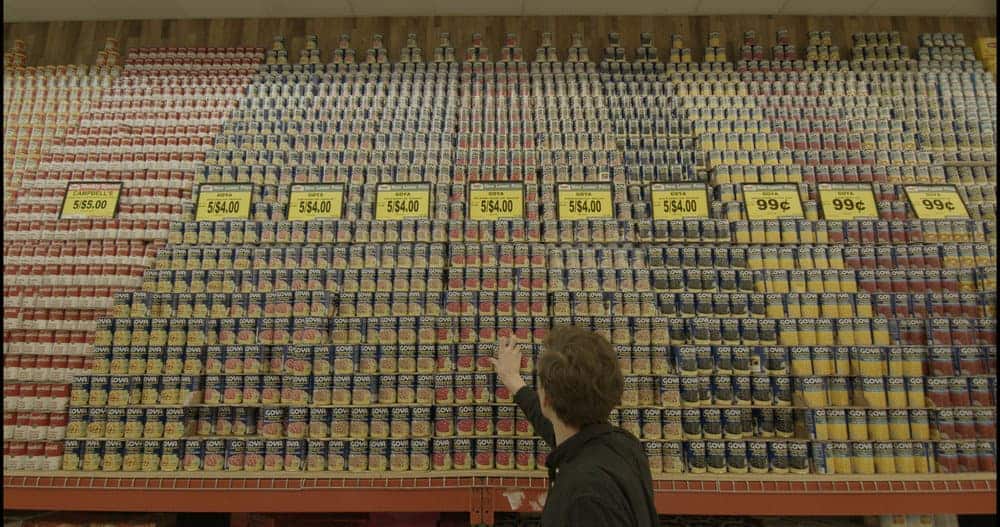
DIRECTED by: Anna Chai, Nari Kye
Anna Chai and Nari Kye, directors of WASTED! The Story of Food Waste, deliver a knock-out doc that should be shown in every U.S. classroom at least once.
I imagine that most people don’t realize that 1.3 billion tons of food is thrown out annually, with the U.S. being one of the worst offenders. (I didn’t.) There is $218 billion worth of food produced for human consumption that never gets eaten, and, even worse, more than 800 million people around the world are starving or malnourished.
The 90-minute film is not nearly as depressing as the title suggests because it’s not just about food waste but also about food conservation/protection, agriculture planning and recycling. Sure, there are some definite “food porn-y” shots, but Chai and Kye keep the focus on the value of food and take viewers on a journey from farm and factory to table and trough.
The filmmakers trek the globe to such places as Milan, London, Seoul and Tokyo to interview some of the organizations leading the way when it comes to food innovation, and they visit areas throughout the U.S., such as Massachusetts, Louisiana, New York and Tennessee, to interview people who are finding ways to recycle, replenish, deliver and build appreciation for food where it is needed the most.

Interviews with culinary heavyweights like Anthony Bourdain, an executive producer on the film; Mario Batali; and Dan Barber, a pioneer in ethical farming, offer some great insights into this issue, as does Doug Rauch, past president of Trader Joe’s, who is now founder/president of Daily Table, a supermarket concept that is designed to bring affordable and nutritious food to traditionally underserved cities.
Beautifully shot, WASTED! accomplishes what it set out to do – to raise awareness of this awful trajectory that we’re on together and to educate its viewers about alternatives to the status quo. We can learn from smaller nations, which – by necessity – have found ways to disrupt the food production process or reduce food waste using the heft of their government.
In the U.S., supermarkets have incredible power when it comes to how food is purchased, displayed and discarded, but it will likely take the collective voice of the people to enact change; it starts with educating oneself, and showing this is a great way to do it.
WASTED! The Story of Food Waste is a succinct, well told story about one of the most important things in our lives, our sustenance, and how – in order for us to be good stewards of our environment and good neighbors to our fellow man – we must act responsibly and plan now for how we will nourish the next generation.






